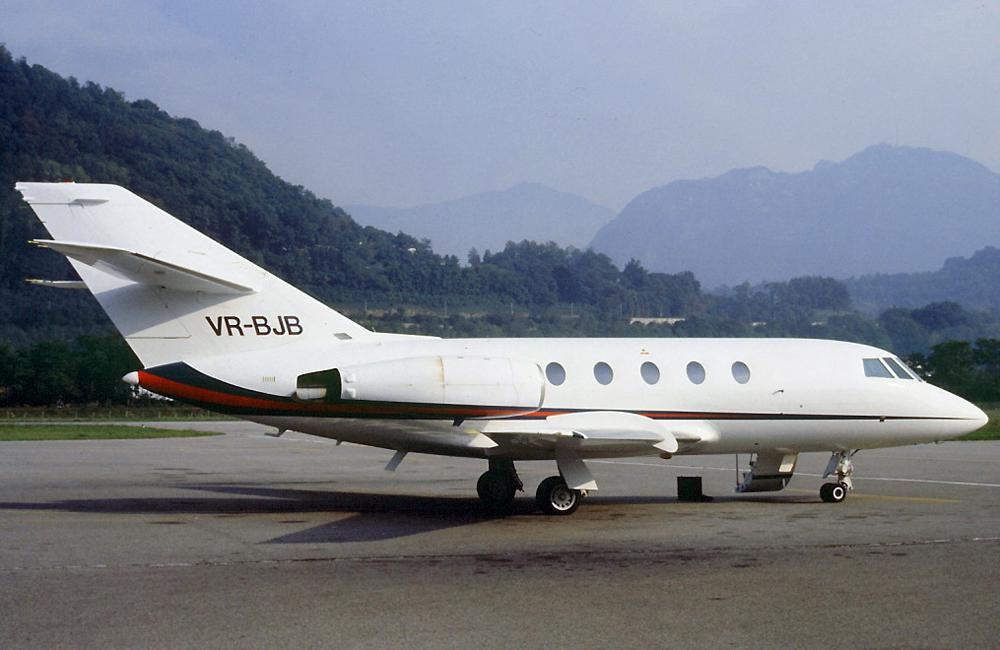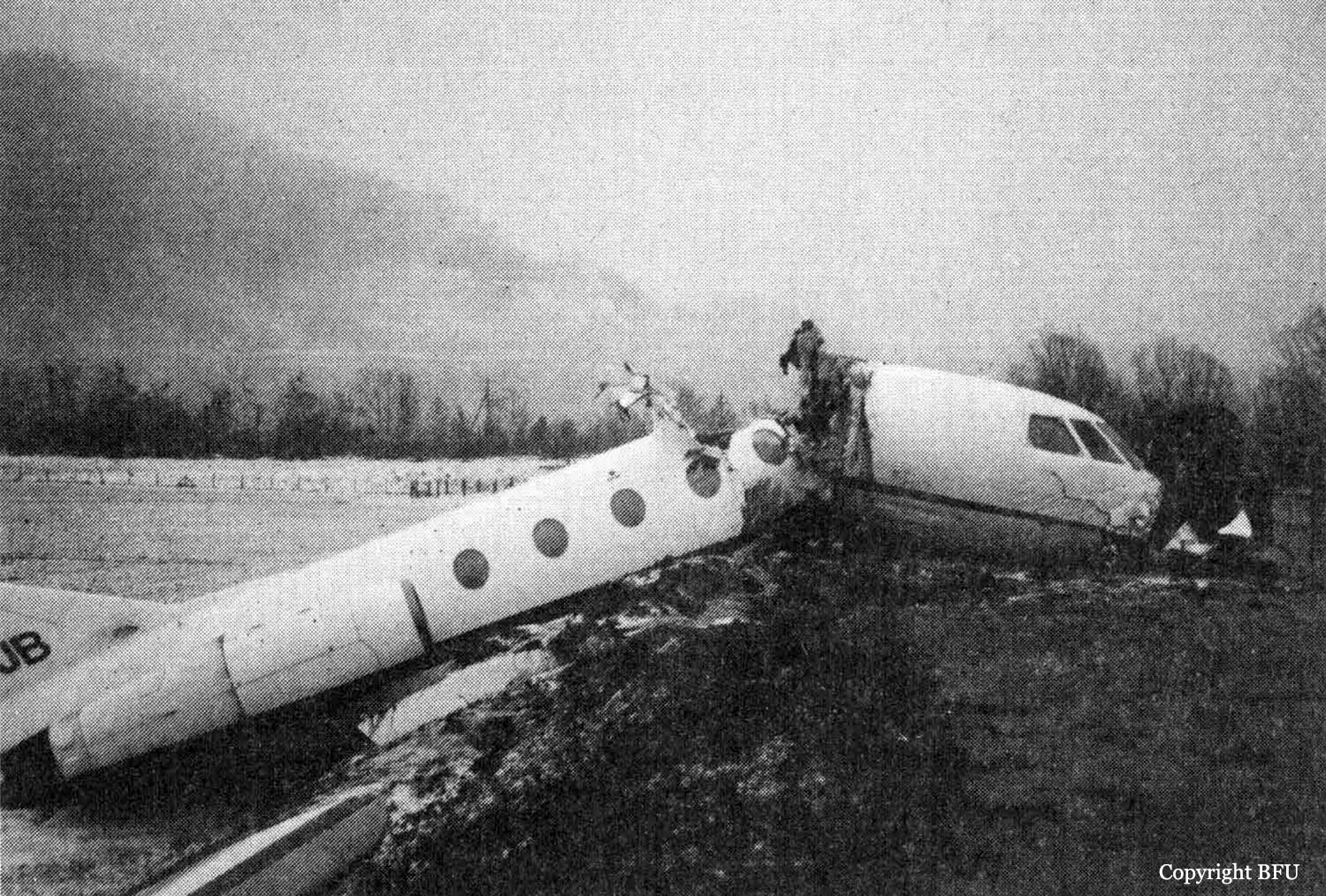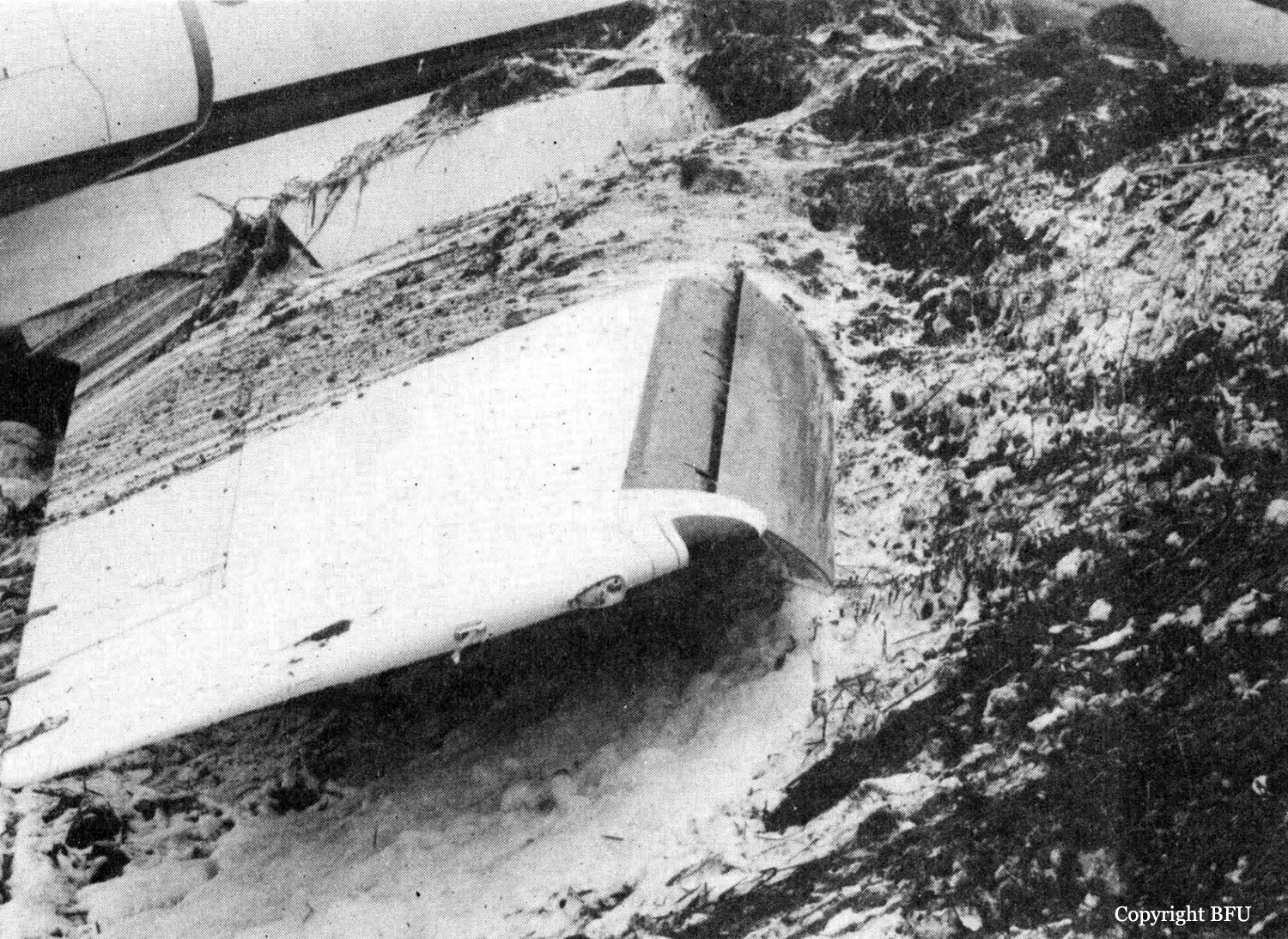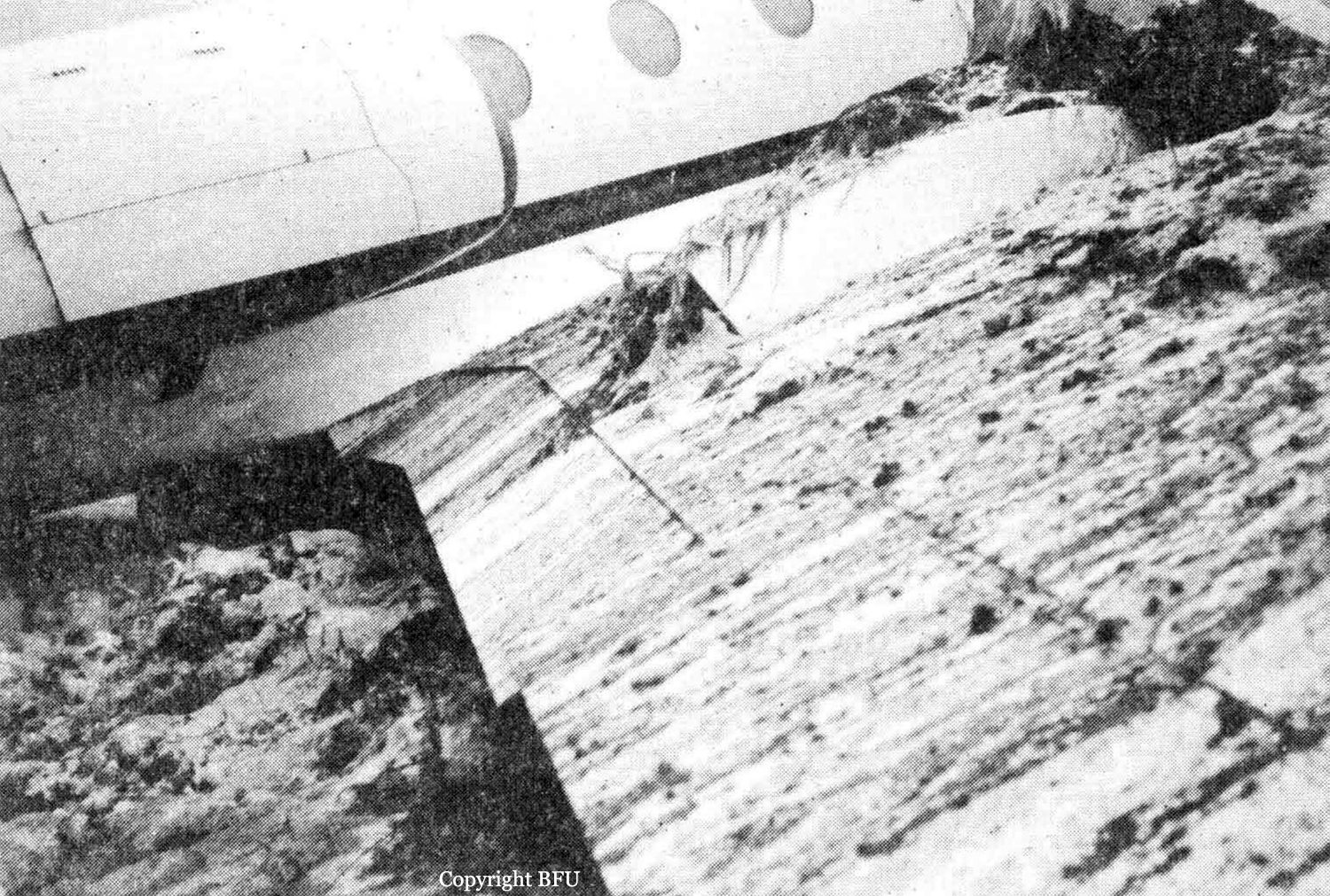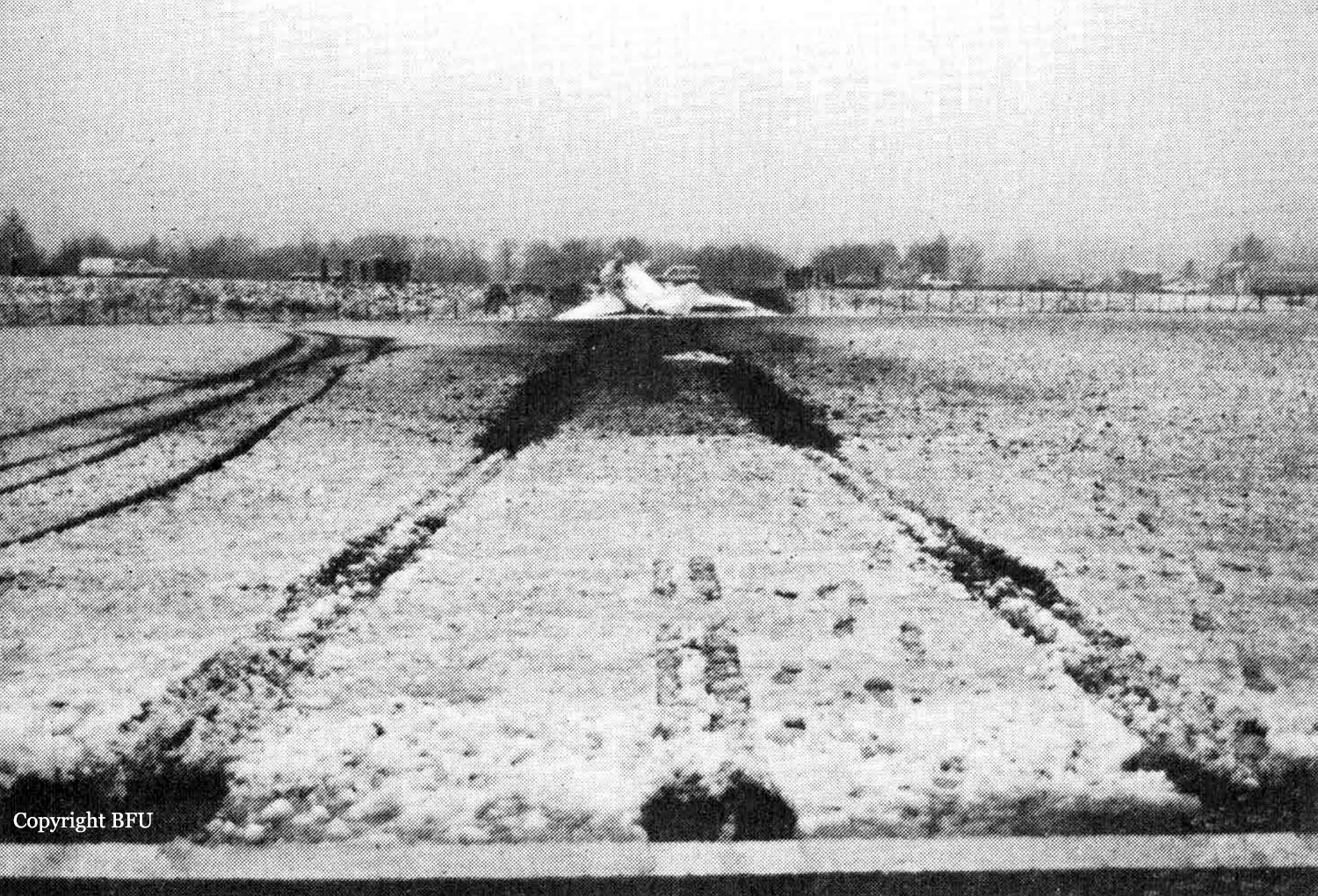Crash of a Dassault Falcon 20F in Lugano
Date & Time:
Jan 15, 1988 at 0924 LT
Registration:
VR-BJB
Survivors:
Yes
Schedule:
Lugano - Rome
MSN:
244
YOM:
1970
Crew on board:
2
Crew fatalities:
Pax on board:
0
Pax fatalities:
Other fatalities:
Total fatalities:
0
Captain / Total hours on type:
1574.00
Copilot / Total hours on type:
1456
Aircraft flight hours:
6569
Aircraft flight cycles:
6410
Circumstances:
During the takeoff roll on runway 21, just before reaching V1 (112 knots), the captain thought that the right engine lost power. He decided to abandon the takeoff maneuver and initiated an emergency braking procedure. Unable to stop within the remaining distance, the aircraft overran at a speed of about 60-70 knots, rolled in a snow covered field and eventually collided with an embankment, coming to rest, broken in two. Both pilots were injured.
Probable cause:
The accident is attributable to a rejected take-off just before reaching the critical speed of decision (V1), due to an alleged loss of power of the right engine.
The following contributing factors were reported:
- The lack of data for the calculation of the accelerate-stop distance in the operating manual (AOM) of the Dassault aircraft for takeoff on wet or contaminated runways;
- Insufficient consideration of the state of the runway, to determine the maximum take-off mass, in regard to the "accelerate-stop" distance;
- Insufficient preparation for takeoff;
- Lack of coordination between the crew at the time of engine failure;
- Insufficient mental preparation of the crew before takeoff;
- The non-inclusion of de-icing system of the engines, in dangerous meteorological conditions with freezing temperatures;
- Insufficient training of the crew on the flight simulator, especially for what concerns the problems and take-off interruption;
- Aquaplaning;
- No airbrakes extended;
- Failure to use the braking parachute.
The following contributing factors were reported:
- The lack of data for the calculation of the accelerate-stop distance in the operating manual (AOM) of the Dassault aircraft for takeoff on wet or contaminated runways;
- Insufficient consideration of the state of the runway, to determine the maximum take-off mass, in regard to the "accelerate-stop" distance;
- Insufficient preparation for takeoff;
- Lack of coordination between the crew at the time of engine failure;
- Insufficient mental preparation of the crew before takeoff;
- The non-inclusion of de-icing system of the engines, in dangerous meteorological conditions with freezing temperatures;
- Insufficient training of the crew on the flight simulator, especially for what concerns the problems and take-off interruption;
- Aquaplaning;
- No airbrakes extended;
- Failure to use the braking parachute.
Final Report:
